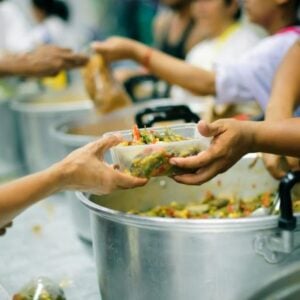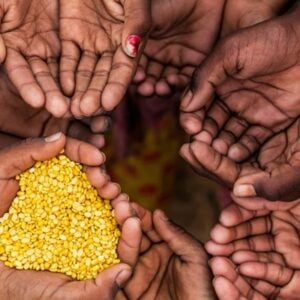The European Union has renewed its support for Sahrawi refugees in Algeria by continuing its annual funding of €5 million to the United Nations World Food Programme (WFP). This funding supports food assistance for over 133,000 vulnerable people living in long-term displacement in remote camps near Tindouf. The contribution enters its second year as part of a multi-year partnership addressing one of the world’s longest-standing refugee crises.
Sahrawi refugees, many of whom have been in the camps since 1975, remain heavily dependent on humanitarian aid. WFP’s operations, in coordination with the Algerian Red Crescent, ensure monthly food distributions that meet the population’s nutritional needs. The program also includes targeted initiatives like Social Behaviour Change (SBC) to tackle malnutrition, particularly among children and pregnant women.
In 2024, WFP delivered almost 19,000 metric tons of food and supported 8,600 pregnant and breastfeeding women with cash-based transfers to enhance dietary diversity and reduce anaemia risks. Additionally, specialized food was distributed to address moderate acute malnutrition among children under five.
The EU has been a consistent partner in WFP’s Algeria operations, having contributed €102 million since 2003. With global attention on the Sahrawi crisis declining, the EU’s continued investment reaffirms its long-term commitment to ensuring that this vulnerable population receives sustained support.
WFP has worked with Sahrawi refugees in Algeria since 1986. Its programs are implemented and monitored in collaboration with national and international partners to ensure transparency and that assistance reaches those most in need.







